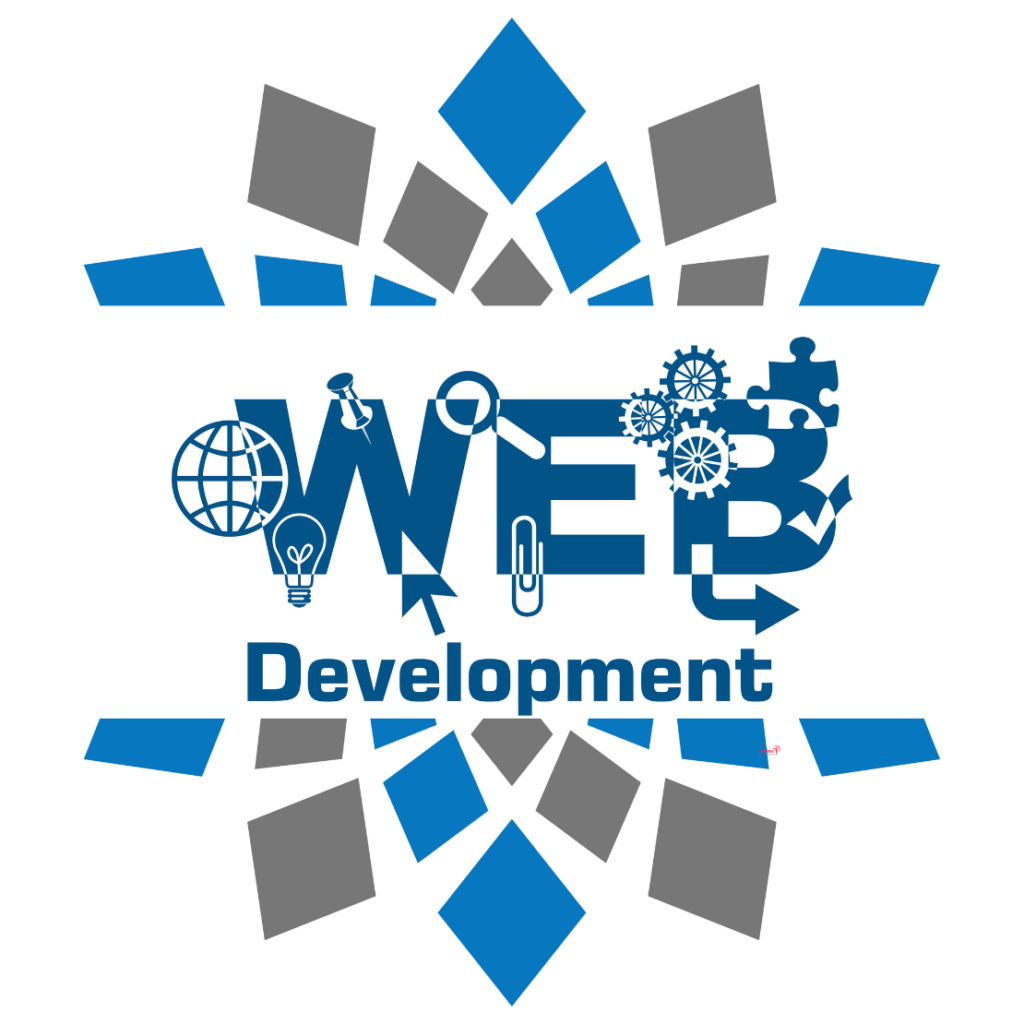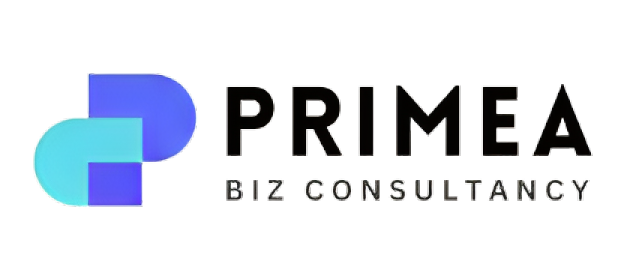How to Keep Your Website Secure: Best Practices
In today’s digital landscape, maintaining a secure website is paramount. With the increasing number of cyber threats, businesses must prioritize website security to protect sensitive data and maintain user trust. At Primea Biz Consultancy, we understand that security is a vital component of any successful online presence, especially for those utilizing digital marketing services. In this blog post, we’ll explore essential best practices to help you keep your website secure while enhancing your overall digital strategy.
Understanding the Importance of Website Security
Website security is the process of protecting your website from unauthorized access, data breaches, and various cyber threats. A secure website not only safeguards your data but also boosts your brand’s reputation and search engine rankings. In the realm of digital marketing services, security plays a crucial role in ensuring that your marketing efforts yield positive results without compromising user safety.
Common Cyber Threats
Before delving into security best practices, it’s essential to understand the common threats your website may face:
- Malware: Malicious software that can damage your website or steal sensitive information.
- Phishing Attacks: Attempts to trick users into revealing personal information through deceptive websites.
- DDoS Attacks: Distributed Denial of Service attacks overwhelm your site with traffic, causing it to crash.
- SQL Injection: A method where attackers exploit vulnerabilities in your website’s database.
By recognizing these threats, you can take proactive measures to protect your website.
Best Practices for Website Security
1. Use HTTPS
One of the simplest yet most effective ways to secure your website is by implementing HTTPS (Hypertext Transfer Protocol Secure). HTTPS encrypts data exchanged between the user’s browser and your server, making it difficult for hackers to intercept sensitive information. Transitioning to HTTPS not only secures your website but also improves your rankings on search engines, a key aspect of effective digital marketing services.
2. Keep Software Updated
Regularly updating your website’s software, including content management systems (CMS), plugins, and themes, is crucial for security. Software updates often include patches for vulnerabilities that cybercriminals exploit. Ensure that your team is aware of the importance of timely updates as part of your overall digital marketing services strategy.
3. Use Strong Passwords and Two-Factor Authentication (2FA)
Weak passwords are one of the leading causes of website breaches. Encourage your team to create strong, complex passwords and change them regularly. Implementing two-factor authentication adds an extra layer of security, making it more challenging for unauthorized users to access your website.
4. Regular Backups
Frequent backups are essential for recovery in case of a security breach or data loss. Store backups in a secure location and ensure that they are easily accessible for quick restoration. Regular backups are a crucial aspect of maintaining your website’s security and are often included in comprehensive digital marketing services.
5. Monitor Your Website
Regularly monitoring your website for unusual activity can help you identify potential threats before they escalate. Use security tools to scan for malware, vulnerabilities, and other issues. Setting up alerts for suspicious activities can help you respond promptly, minimizing potential damage.

6. Limit User Access
Implementing user access controls can significantly enhance your website’s security. Only grant access to individuals who require it, and regularly review user permissions. Limiting access minimizes the risk of unauthorized changes and data breaches, a best practice for any website focused on robust digital marketing services.
7. Secure Your Hosting Environment
Choosing a reliable hosting provider is crucial for website security. Look for providers that offer strong security measures, including firewalls, DDoS protection, and regular security audits. A secure hosting environment lays the foundation for all other security practices and is a key element of effective digital marketing services.
8. Use Security Plugins
For websites built on platforms like WordPress, security plugins can provide an added layer of protection. These plugins often include features like malware scanning, firewall protection, and login attempt monitoring. Incorporating security plugins into your strategy can help bolster your website’s defenses.
9. Educate Your Team
Creating a culture of security awareness within your organization is essential. Conduct regular training sessions to educate your team about the latest cyber threats and best practices for maintaining website security. An informed team is your first line of defense against cyber threats, making it a vital part of your digital marketing services approach.
10. Implement a Content Security Policy (CSP)
A Content Security Policy is a security measure that helps prevent various types of attacks, including cross-site scripting (XSS) and data injection attacks. By defining which content sources are trusted, you can significantly reduce the risk of malicious attacks. Implementing a CSP should be part of your overall website security strategy.
The Role of Digital Marketing Services in Website Security
At Primea Biz Consultancy, we believe that digital marketing services and website security go hand in hand. A secure website not only protects your business but also enhances the effectiveness of your marketing efforts. With secure payment gateways, trust signals, and a positive user experience, you can drive more traffic and conversions.
Investing in security as part of your digital marketing services is essential for building trust with your audience. Customers are more likely to engage with and purchase from a website that prioritizes their safety. Additionally, search engines reward secure websites with higher rankings, increasing your visibility and reach.
Conclusion
Securing your website is not just a technical necessity; it’s a fundamental aspect of running a successful online business. By implementing the best practices outlined in this article, you can significantly reduce the risk of cyber threats and enhance your overall digital marketing services strategy. At Primea Biz Consultancy, we are committed to helping businesses navigate the complexities of website security while maximizing their online potential. Prioritize security today to protect your business and build a trustworthy online presence.
For more insights on how to enhance your website’s security and optimize your digital marketing strategy, feel free to reach out to us at Primea Biz Consultancy. Together, we can create a secure and effective online presence for your brand.


